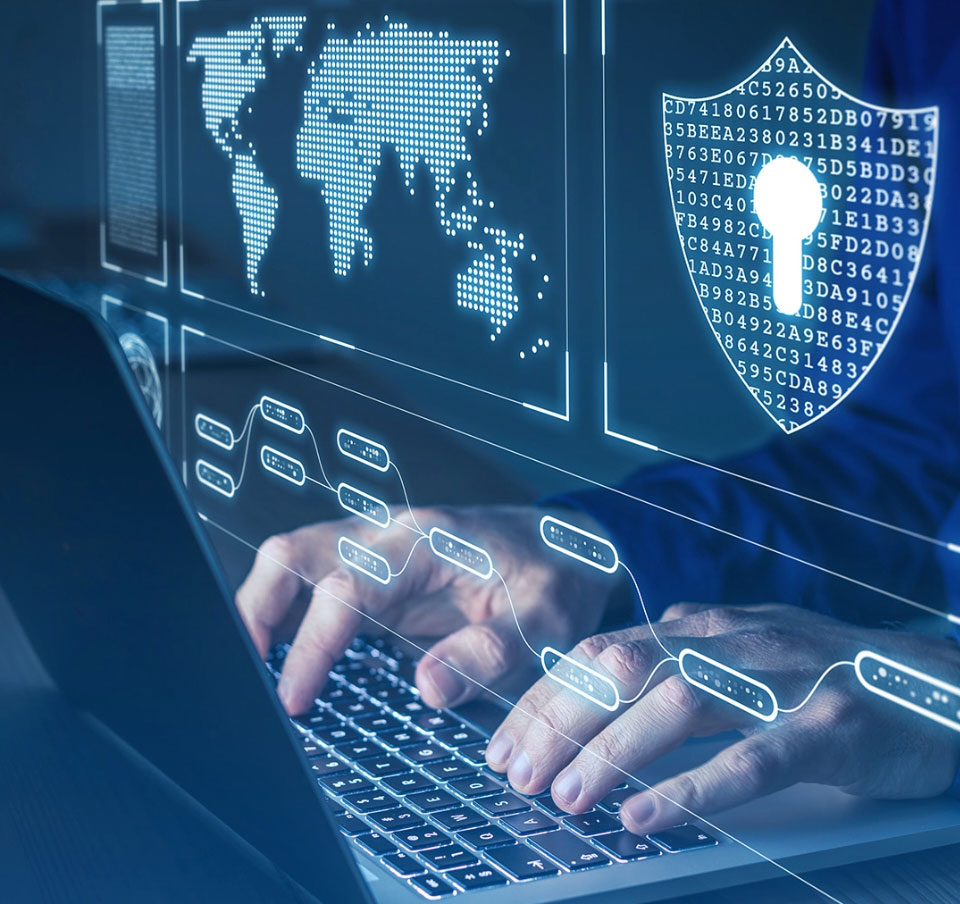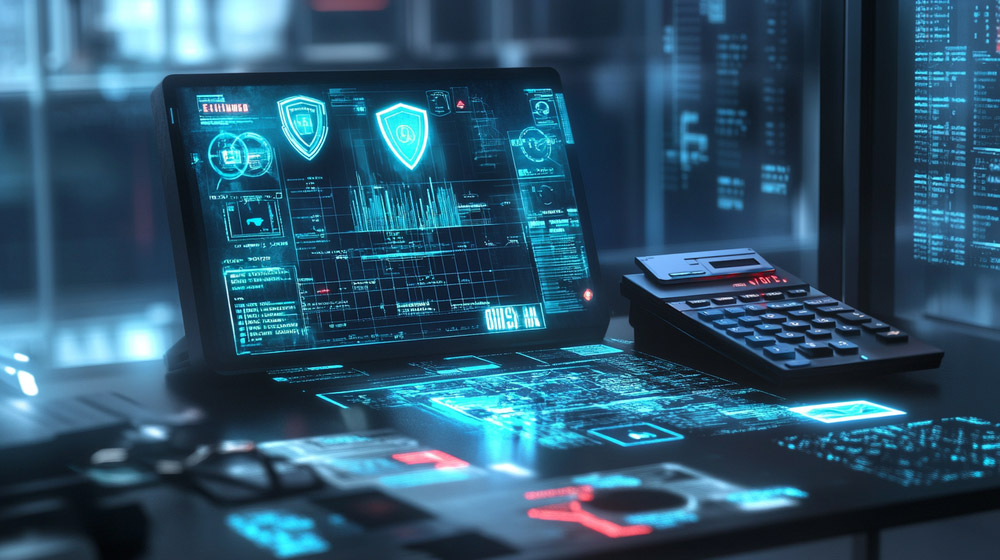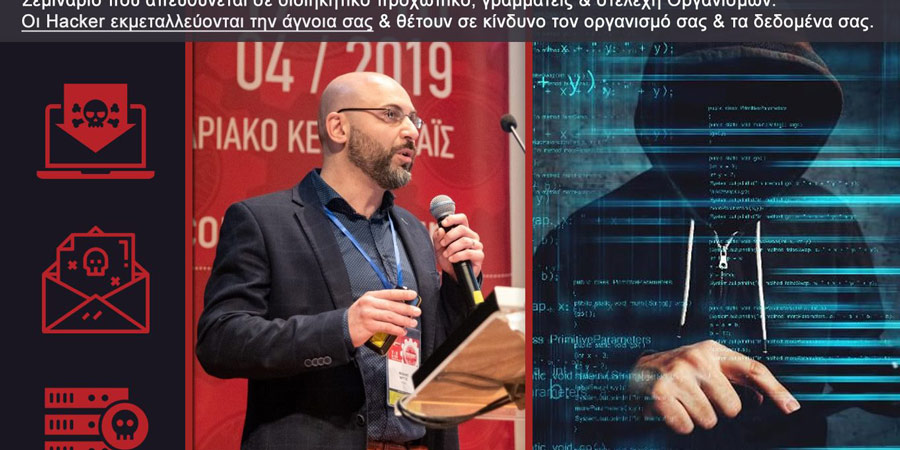DIGITAL EVIDENCE – FORENSIC USE RESEARCH
Do you need evidence that will help in a legal dispute or in resolving personal issues?
Collaborating with distinguished investigators and lawyers, we can take over your case entirely!
Trust us to collect your digital evidence.

What is Digital Forensics?
Electronic investigation and the collection of digital evidence of a crime or criminal act on the computer (where we search for digital evidence) differ significantly from “traditional investigation,” which searches for tangible evidence.
The electronic investigator (Digital Evidence Analyst) does not search in a drawer or a physical space but in electronic folders, files, storage media, and computer systems.
The digital evidence collected and the digital evidence resulting from the analysis are considered particularly sensitive, which is why an important part of electronic research is their preservation and ensuring that they are not altered.
More specifically, Computer Forensic Science is the science that, through a thorough investigation of electronic data, presents evidence linked to a criminal act. A large percentage of political, criminal, and business crimes are linked either directly or indirectly to a computer.
At TicTac, we stand by you
Conducting a detailed electronic investigation of acts that carry a penalty, such as:
- Child pornography
- Sexual harassment
- Financial crimes
- Eavesdropping issues
- Data falsification
- Violation of rights
- Falsification of contents
- Violation of privacy, etc.
While we provide comprehensive advice to individuals and businesses for:
- Safe browsing on the internet
- Protection from malware and harassment
- Reliable financial transactions via the Internet or ATM

Why Digital Forensic Examination is Important
Nowadays, more and more court cases use Forensic Examination of Digital Evidence, as all of a user’s online activities are recorded and leave behind evidence, i.e., digital evidence, which, if properly investigated, can lead us to draw safe conclusions about a user’s activity.
Digital evidence is collected with particular care from storage media and investigated with special software and specialized scientists: Computer Forensics Experts.
This data can be collected from, for example, printouts of a specific computer, electronic mail, the Internet, and various electronic storage media.
Investigating a cybercrime is a complicated process, since evidence must be preserved intact, analyzed, and presented in a legally acceptable manner.


How much does digital evidence research cost?
Due to the specificity of these specific tasks, an accurate costing of the services cannot be done from the outset.
Indicatively, the cost of researching digital evidence starts at €450 + VAT and, as is logical, depends on many factors.
See what our customers are saying
Happy customers say about us:
Tackle cybercrime immediately!
Contact Us
Talk to an expert about your needs
Receive Critical Guidance
We provide clear instructions and guidance whether someone is attempting to scam you or you simply want to stay informed about protection methods.
Feel Secure Again
Our mission is only complete once your accounts are fully protected.
Representatives of the largest Cyber Security Companies
Guaranteed protection solutions from the most reliable companies in the field.
How should digital evidence research be conducted?
Digital evidence must be investigated in accordance with applicable legislation, as many doubts arise regarding the adequacy of a researcher’s knowledge and whether the analysis and preservation of the data follow the prescribed procedures.
Consequently, it is often observed in a trial that either the investigation is challenged, or the information is seized, because there is no specific legislative framework for cyber investigations.
When investigating electronic data, the individual’s privacy mustn’t be violated when finding digital evidence.
Following this, a warrant is usually required that precisely specifies the objects that can be searched. Even if the investigator believes he can obtain evidence from objects other than the above, this evidence will not have probative value in the courtroom.
More specifically, the investigation of digital evidence should be carried out based on the following principles:
- No action may alter data held on a computer or storage medium, which may be produced in court.
- Use of original data by a third party upon authorization.
- Creation of a process audit trail.
- The person designated as the person in charge of the investigation is tasked with the overall responsibility for ensuring compliance with the upcoming legislation and these principles.
Why trust TicTac in digital evidence research?
The cybercrime investigator at TicTac uses his specialized tools by following specific steps during the investigation process:
- Data recording media and photography should be identified so that the physical environment and condition of the data can be demonstrated.
- Creating secure data storage areas. Usually, a secure cabinet is used.
- Compilation of a list of items that may include laptops, hard or external drives, backup media, DVDs, CDs, etc., USB keys, pocket computers, smartphones, and network activity analysis.
- Creation of a forensic evidence file, which cannot be deleted or removed, to ensure data integrity.
- Registration and securing the electronic image of the forensic data disk and the work of the person responsible for a working copy.
- Search for other data sources, as indicated by the course of the case.
- Examining the data with the appropriate software to make the searched data readable and using keywords to identify data relevant to the case. Collecting incriminating and non-incriminating evidence, decrypting files, and breaking security codes.
- A report is then prepared, recording each stage of the electronic forensic investigation, with the findings that the client signs.
- If deemed necessary, the investigator appears as a witness in the courtroom.
Who needs digital evidence research?
Computer and mobile phone electronic investigation services can be helpful to anyone trying to extract information and evidence from a computer or mobile phone.
During this process, multiple parameters are analyzed, and evidence is found that can even be used in a legal dispute.
Below, you will find some common incidents that the company undertakes:
Research of digital data for private use
When you have a dispute about going to court, you can turn to TicTac Laboratories for data extraction from a computer or data recovery from a mobile phone as evidence for your divorce, mobile phone research to locate deleted calls and messages, hidden documents, and deleted photos.
Our company operates in consultation and close cooperation with you, based on the upcoming legislation on protecting personal data and respecting the obligation to protect individual rights. You can access the computer and electronic media of third parties who have “hurt” you in some way or have something to hide from you only if you have the legal right to do so.
So if:
- Do you believe we can help you locate evidence through a mobile phone search for emails, photos, text messages, and calls that have “disappeared”?
- You are being attacked electronically and feel like you are constantly being monitored.
- You noticed financial transactions that you never ordered.
- Your passwords have been compromised, you have fallen victim to online fraud, and you are horrified to discover that your money has disappeared from your bank account.
- Do you suspect that your spouse may be having extramarital activity?
- You are recently divorced and are receiving threats and feel like an ex-spouse is following you.
- You are worried about your child and believe they are misusing the internet and surfing websites with age-restricted content.
- You suspect that a member of your family frequently visits pornographic sites, and you want to turn off this feature.
- You are an heir, but you have doubts about the integrity of the will and wish to check the deceased’s electronic records.
- Is someone monitoring your cell phone or computer, and you want to prove it?
- They threaten you via Social Media or Facebook.
Then we can help!
Research of digital evidence for judicial use
The collaboration between law firms and Computer Forensics is not about simple data recovery, which may result from a random event. Still, it is mainly about discovering the specific electronic evidence that makes an act punishable.
Because each case is unique, this process may include the following individually or in combination:
- Investigating a court case containing digital evidence (computer data, mobile phone data)
- Expertise on the validity of digital documents
- Collection of digital evidence and digital data for presentation in a court report
- Drafting a technical consultant report on Electronic Research for Judicial Use
- Forensic examination of digital evidence
- Digital Evidence Technical Advisor
- Analysis of digital evidence for any legal use
- Restore carefully deleted documents, photos, etc.
- Editing hidden files, which may be hidden on the computer and not accessible by the average user (Bad sectors, ATA disks, Volume Slack).
- Isolation of important data from hard drive, CD–ROM, compressed disk, and other storage media.
- The final report resulting from functional-kinship-temporal analysis and stratigraphy
- Preparation of witness statements through objective conclusions from collecting electronically acceptable data concerning privacy laws.
Do not forget that the positive outcome of many legal cases depends on the in-depth investigation provided by computer forensics, which collects and appropriately prepares evidence from computer media and presents it in the courtroom.
Existing Digital Evidence Legislation
The legislation related to online or cybercrime is as follows:
- 386 A: Computer fraud
- 370 A: Breach of confidentiality
- 370 C Criminal Code: Illegal copying or use of computer programs, illegal access
- 348 A Penal Code: Child pornography
- 348 B Criminal Code: Attracting children for sexual purposes, using technology
- 337 Criminal Code: Offense of sexual dignity
Now, the Forensic Examination of Digital Evidence can also contribute to cases involving the following laws: cybercrime attacks that use the internet or related technologies have additional articles that include Digital Evidence.
- Article 292B of the Criminal Code: Obstruction of the operation of information systems. This includes Denial of Service Attacks (DDoS)
- 333 Penal Code: Threat
- 361 and 361A Criminal Code: on Insult (online insult)
- 362 Penal Code: Defamation (online form of defamation)
- 363 Penal Code: Slander (online form of slander)
- Defacement attacks under Article 381 of the Criminal Code on damage to another’s property or Article 382 of the Criminal Code on distinguished cases of damage
- 348A of the Criminal Code (paragraph 5) for the knowledge, production, and distribution of material containing child pornography
- 370C of the Criminal Code (paragraph 2): Acts of unauthorized access (hacking/cracking) to information systems.
- 370D of the Criminal Code: Use of files and information obtained through illegal means of collection
- 381A of the Criminal Code: Destruction of electronic data and information bases (such as alteration, destruction of data in databases (e.g., MySQL, SQL Server) or information systems.
It should be noted that confidentiality can now be lifted based on the following articles of the criminal code:
- 292
- 348A
- 348C
- 370A
- 370C
- 370E
- 381A
- 381B
- 386



















